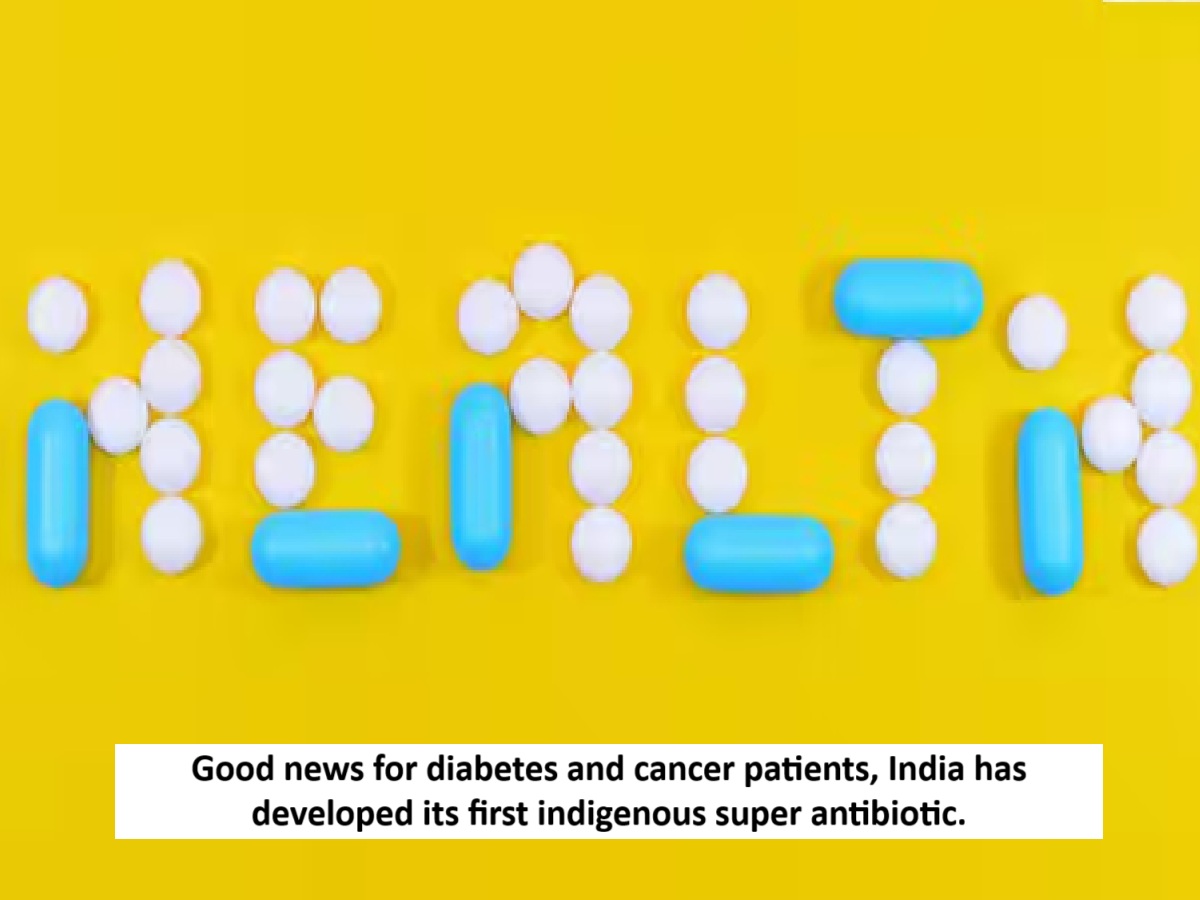
News Topical, Digital Desk : India has achieved a breakthrough in medical science, developing the first indigenous super antibiotic, "Naphthromycin." This drug fights bacteria that other antibiotics don't respond to. It could prove a boon for diabetes and cancer patients. According to Union Minister Dr. Jitendra Singh, this is India's first indigenous antibiotic, completely safe and effective. Developed after 14 years of hard work, this drug has proven beneficial for 97 percent of patients.
This problem used to happen earlier
It's worth noting that when a diabetic patient has difficulty breathing or develops an infection during cancer treatment, older medications don't work. Patients face significant distress, but Naphthromycin has proven effective against these infections. This drug is specifically designed for respiratory illnesses like pneumonia, which is caused by streptococcus bacteria. This bacteria accounts for 33% of pneumonia cases. According to the Union Minister, this drug is 10 times more potent than azithromycin and can cure severe pneumonia in just three days. The drug has been tested on patients in India, the United States, and Europe, and the results have been impressive.
Who made this medicine?
Wockhardt Limited, based in Mumbai, played a key role in developing this drug, supported by the Department of Biotechnology (DBT) and BIRAC (Biotechnology Industry Research Assistance Council). Wockhardt scientists worked tirelessly for 14 years to develop this drug under a public-private partnership. First, lab tests, then animal trials, and finally, human trials were conducted. It is expected that this drug, called "Miknaf," will be available in the market by the end of 2025. Its price will be affordable, making it affordable for the common man. The government also plans to include it in the Ayushman Bharat scheme.
What will be the benefit?
It's worth noting that antibiotic resistance (AMR) is a major problem in India. Every year, approximately 600,000 people die from it. Pneumonia accounts for approximately 2 million deaths worldwide. Now, drugs like naphthromycin will make this fight easier. It attacks multi-drug-resistant bacteria, which render older drugs ineffective. Dr. Singh said this drug is a game-changer for India's pharmaceutical industry. "We no longer just manufacture generic drugs, but we are also innovating new ones," he said.
Good news also found in gene therapy
India has also achieved significant success in gene therapy. The first indigenous clinical trial for the treatment of hemophilia (a bleeding disorder) was conducted successfully at Christian Medical College, Vellore, with the help of DBT. 60-70 percent of patients improved and there was no bleeding. This trial was published in the New England Journal of Medicine.
--Advertisement--

 Share
Share



